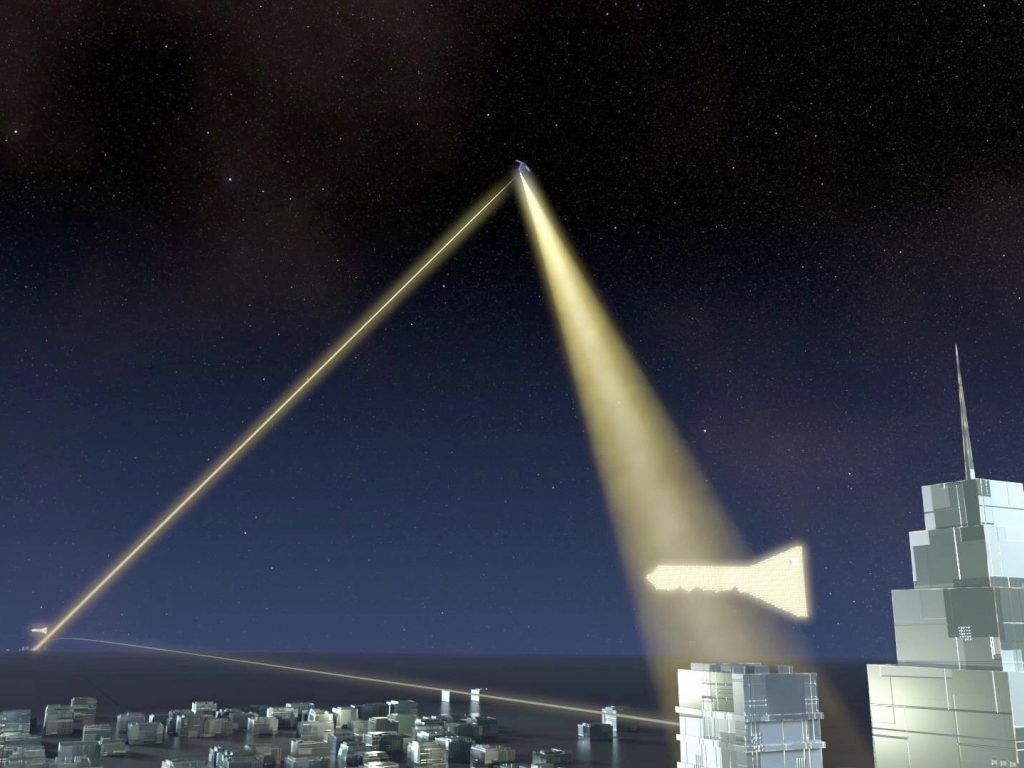- ESA and Hispasat begin a satellite quantum encryption trial this year, aiming to secure communications in space.
- The trial applies quantum key distribution to satellite links to prevent interception and eavesdropping.
What happened: Trial Launch
The European Space Agency (ESA) and Spanish satellite operator Hispasat have launched a joint satellite quantum encryption trial in mid-2025. The project aims to test Quantum Key Distribution (QKD) from space, using specialized equipment on board a geostationary satellite. This marks one of Europe’s first attempts to apply quantum cryptography in orbit to secure long-distance data links.
The trial involves ground stations in Spain and several ESA research facilities. Quantum keys will be exchanged between satellite and Earth, and scientists will monitor whether any data interception occurs — a key indicator of quantum protocol success. According to the ESA announcement and Hispasat project, the results may influence future European standards on satellite security and inform policy decisions on quantum network investments.
Also Read: Quantum computing and cybersecurity: A delicate balance
Also Read: Q*Bird unveils scalable quantum key distribution for secure multipoint networks
Why it is important
The satellite quantum encryption trial marks a major advance in space infrastructure resilience. As reliance on satellite networks grows across government, military, and commercial sectors, the stakes of a breach are rising fast. Traditional encryption methods are increasingly vulnerable, especially with quantum computing on the horizon. ESA and Hispasat’s initiative signals a shift toward long-term defense strategies, showing Europe’s intent to harden its communications backbone before threats fully materialize.
At the global level, this trial positions Europe alongside the U.S. and China in the emerging space cybersecurity race. Success here could influence future standards for quantum key distribution, placing European firms in a leadership role for secure satellite services. For satellite operators and telecom providers, this is a call to act — integrating quantum technologies may soon shift from a competitive edge to a regulatory expectation.
Beyond national security, quantum-secured satellites could reshape future telecom infrastructure. As LEO satellite constellations like Starlink and OneWeb gain momentum, ensuring encrypted data flow between ground and space becomes critical. Quantum key distribution may enable ultra-secure channels for global 5G backhaul, emergency response, and cross-border financial systems. ESA’s involvement signals that quantum encryption is moving from research to industry integration.

